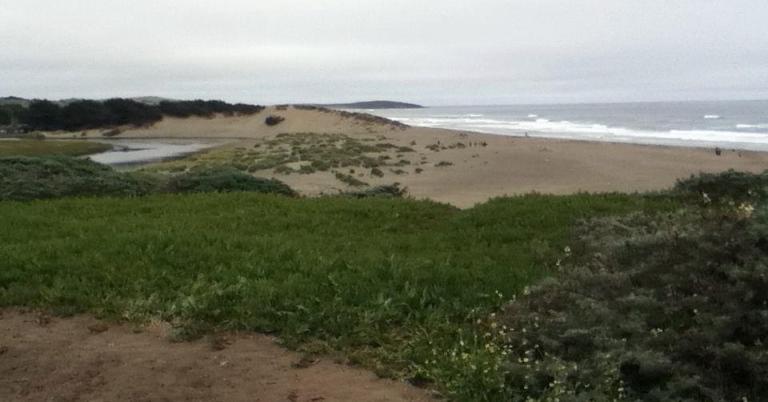…moreover he has put a sense of past and future into their minds, yet they cannot find out what God has done from the beginning to the end. (Eccl iii.11, NRSV)
The last part of the verse can also be translated, “no one can find out the work that God does from beginning to end.” (NKJV)
To compare the two translations CLICK HERE
Solomon (pen name Koheleth) wraps up the poem from the beginning of Ecclesiastes 3 and dives deeper.
Now we are really getting into a study about the will of God are we not?
Although we are everlasting beings, we are unable to grasp the infinite purposes of the Creator. We cannot “find out” or attain it.
i. what God has done
God’s ways, “what God has done” or His “work,” stands in sharp contrast to ours. This language is rich with meaning. “Work” signifies the deeds, achievements, and enterprise of God. His purposes are beyond us, from the dawn of time until the end.
“We are stuck with our awareness that things are meant to happen at certain times, and that this is good. However, we cannot find out, despite our desire to know, what God means by it and whether it all adds up to anything for us. Therefore, we can never say with any certainty about a particular event, ‘It was God’s will that this take place’” (Michael E. Williams, ed., The Storyteller’s Companion to the Bible, vol. 5: Old Testament Wisdom, Abingdon Press, p. 113).
Are we ever over-confident about God’s will?
In what ways do we seek God’s will?
How do we determine what His course is?
Are there times when we have been certain of His leading?
In our day, Solomon may possibly negate our emphasis on God’s will.
ii. Gregory of Nyssa seems to pull away from the mystery of God’s will
Gregory of Nyssa looks at this Scripture through the lens of of time. Creation unfolds with time and within time.

The ever superior movements of God are outside of time, although time is one of the things that flow from God. At best we can only track some of His activity among us in sequence (paraphrase, Against Eunomious.i.xxvi).
Please bear in mind that some Early Church leaders are speaking and writing against heresies that are trying to blend mystery religions with Christianity. Some of these false religions center around supposed revelations, mysteries, and divine knowledge.
Gregory of Nyssa is not responding against Pentecostal-Charismatic phenomena!
He is reacting against heretical, false religions that use the mysterious as a way to exalt some people and exclude others.
iii. the question at hand
Do we overemphasize the will of God at times, or in some streams of Theology?
If we listen to the age old wisdom of Solomon near the end of his life, after he has seen it all and done it all, maybe he can offer some perspective. Maybe Gregory of Nyssa can as well.
Instead of incessantly seeking God’s will as if we’re in a mystery religion, or hanging out with fortune tellers, can we reorient our interior life to be thankful for “what God has done” or is doing?
This repositioning of the heart is very difficult for some, but it may be more in line with Koheleth and some wise commentators on the Scripture.
If you appreciate Solomon’s wisdom and would like to read more, this is 5th in my series and I am not quite done.
Go to patheos.com/blogs/jaredingle then the top tab Archives. Click on the drop down menu Select a Category. Drop down and click The Writings.
Or you can CLICK HERE













